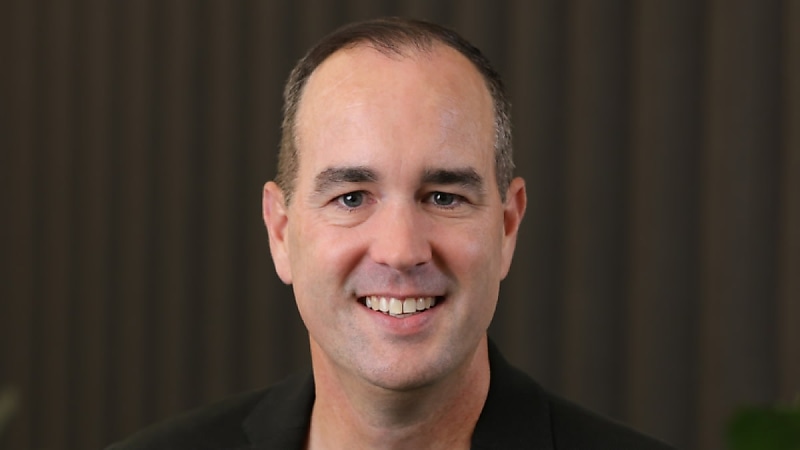Getting out of the hard data mindset

Moving to a quarterly reporting framework will present some challenges for the sector, especially changing the mindset of not using hard data to ensure calculations are meticulously correct, says a technical expert.
In the latest SMSF Adviser podcast, Aaron Dunn, CEO of Smarter SMSF, said the industry was already in the process of migrating to the cloud and didn’t necessarily have all the data feeds it does today allowing it to have more interaction with live data when negotiations about the reporting changes were taking place.
“There was a lot of negotiation with the ATO at that point of time to get to this position,” he said.
“But the reality is, is the industry is far more advanced in the five years since its implementation, and therefore moving to a quarterly reporting framework is a more logical approach.”
The challenge though for the industry, he said, is that until now it has focused on hard numbers.
“What I mean by the hard numbers is we don’t want to do anything until we know, to the exact dollar, what the value of the commencement of that pension is, or whatever event may be, that impacts a debit, or a credit on a person’s transfer balance account,” he said.
“And that’s not how it works in APRA land. So we would see the ability to report a pension starting on 1 July and that information literally will go into the ATO overnight, or within the 10-plus day timeframe that the APRA land is required to actually do.
“So therein lies the challenge for the SMSF industry – how do you work out a balance on 1 July if you don’t have all the data readily available to you?”
He said the data may not be readily available to an adviser before the due date of 28 October and therefore working in estimates, using rational and reason process is something the sector is going to have to get used to.
“It is a very different function where you must use actual data for pensions for exempt pension income calculations,” he said.
“But that’s one of the big shifts that we need to start to address in the industry, about how we will ensure that we get the reporting done on time for a number of these sorts of transactions.”
Many things have to be considered in the report, he said including what assets are in the SMSF, what availability do you have to the data, and are advisers keeping the data up to date.
“All those things play a role in trying to get to that value,” he said.
“For example, if you calculate to start a pension is $600,000 and you’ve used the rational and reasoned process from the market valuation guidance, then you do the accounts and they are $601,987.24, that’s the minutia that our industry has really been so heavily focused on.
“The ATO is not saying you need to re-report or to cancel that original $600,000 amount that’s been credited, and then re-report based on the actual number.
“The only time that you need to use that actual number is when we get to the end of the year for exempt pension purposes, and that’s what happens in APRA land – you end up with estimates to using that rationale and reason process, getting the reporting done, and then moving on and the pension documents would again support that process that has been done.
“And that is the challenge that presents itself within the SMSF industry today and those that have to now move to regular reporting for all of their SMSF clients paying income streams.”






